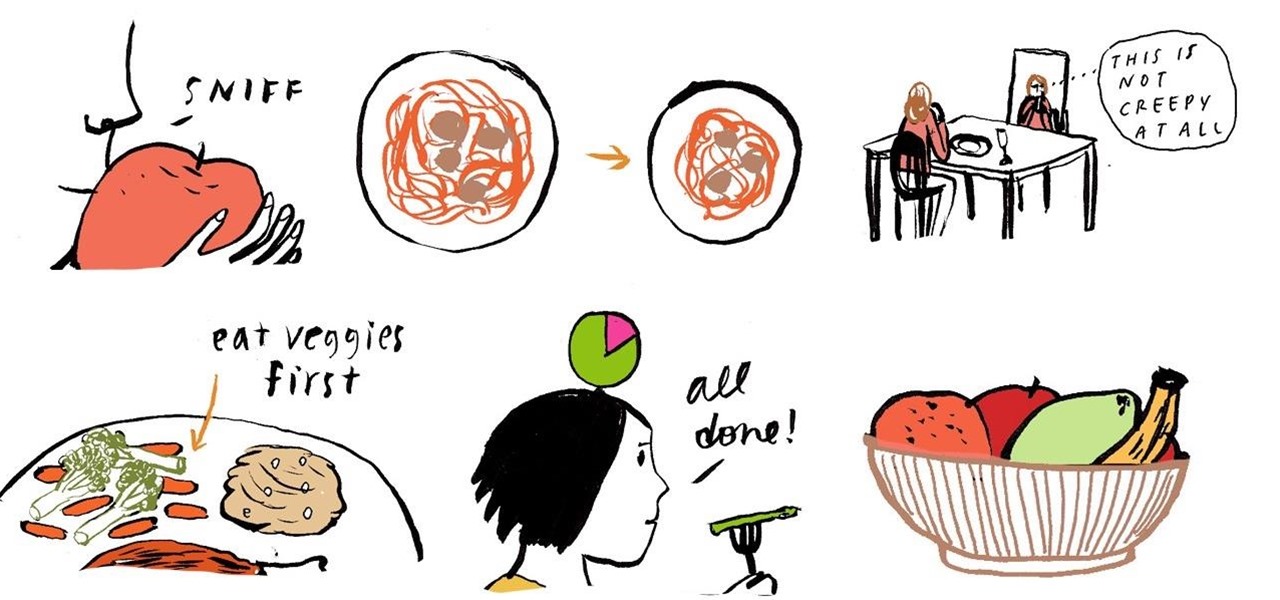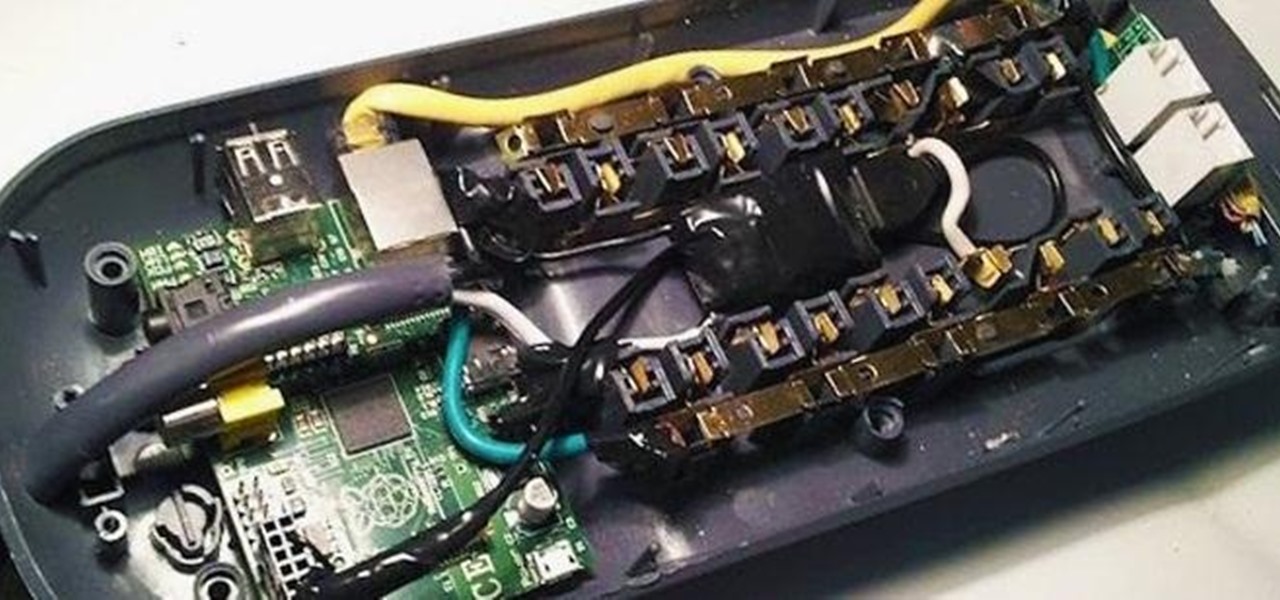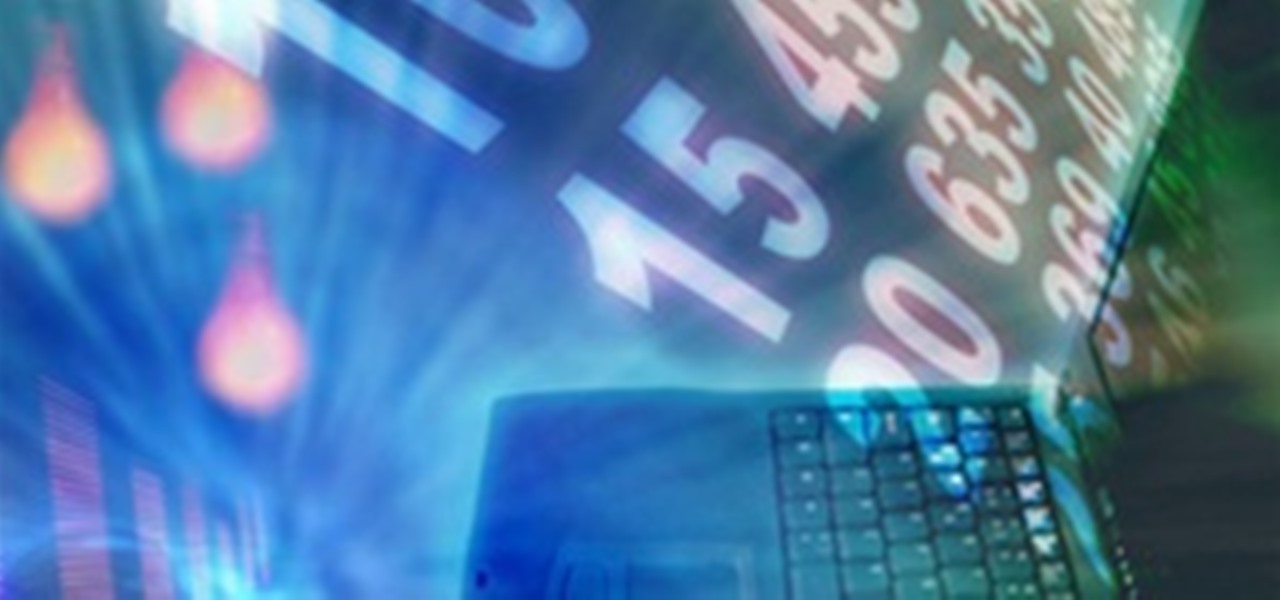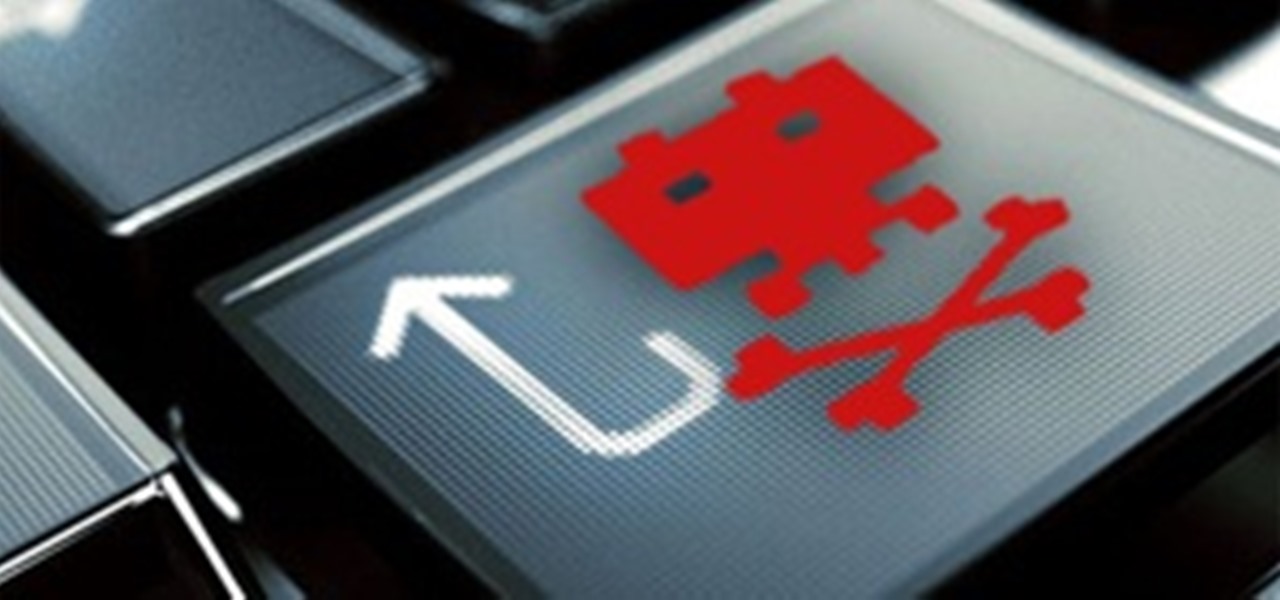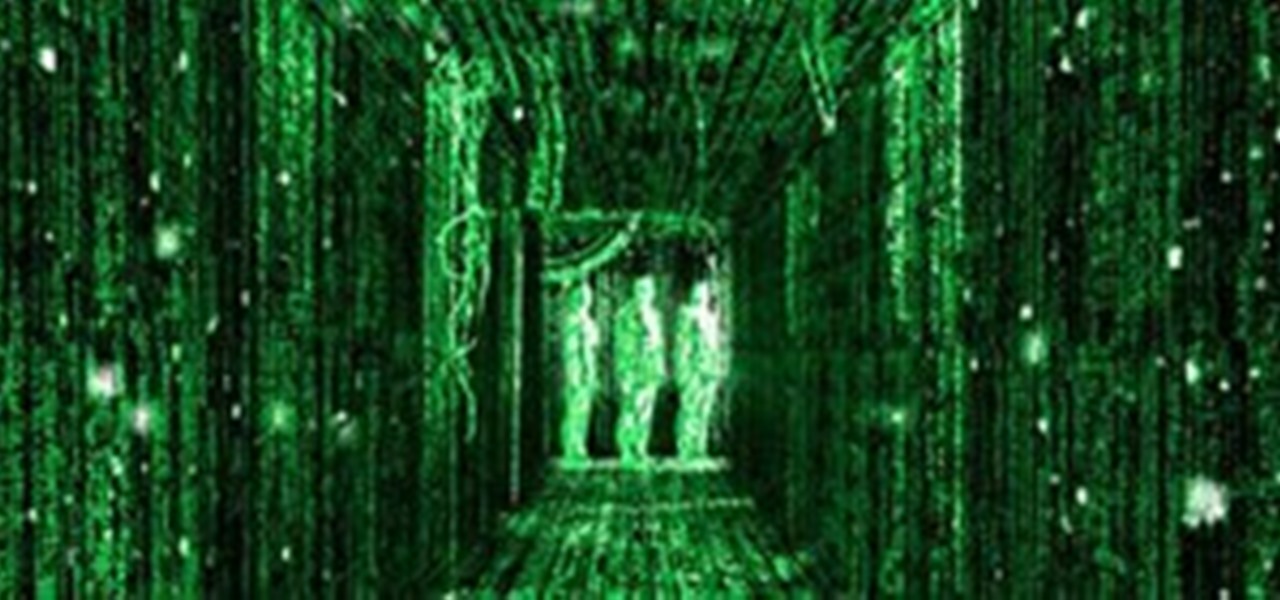
These pictures was taken on the bus during my ride going home from work. My heart reaches out to them, Street children who cannot afford to buy food. Who resort to sniffing solvent fumes just to forget hunger and the harsh reality of life.I just wish I could something for them. I saw them on the sidewalk near SM Makati under MRT Ayala Station.

OpenVPN is the open-source VPN (Virtual Private Network) client, used over the PPTP (Point to Point Tunneling Protocol). It allows you to connect to a remote network over a secure, encrypted connection and mask your IP addresses over all ports. Since there is only one "hop," the network speeds are barely effected and are far more secure.

Security awareness seems to be a hot topic these days on the web, with developers making apps and devices that can hack networks and machines with just a few clicks. But these applications aren't only exploiting security flaws in systems and networks, they're being used by amateur and wannabe hackers who want to have a little fun, but don't want to learn how to actually "hack" anything.

Don't drink this! This is another one of our favorite science meets magic anti-gravity tricks. Ever see an ice cube sink?
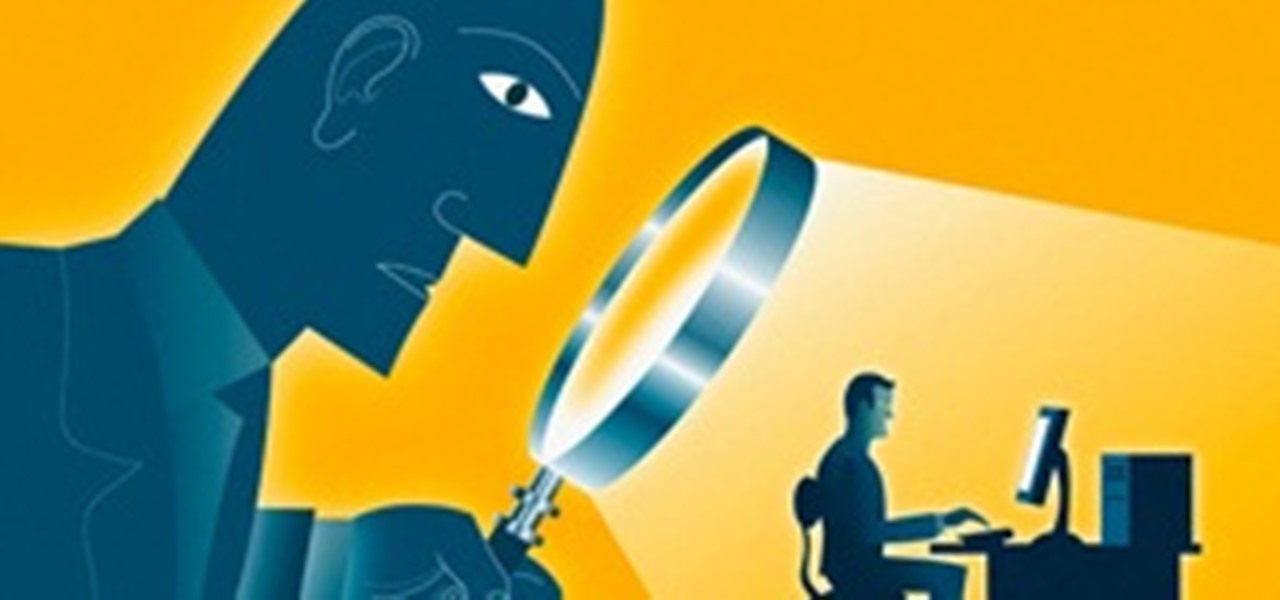
Wouldn't it be nice to just sit at your buddy's house, plug into his network, and see exactly what he's doing? What if it was as easy as that? What makes packet sniffers like Wireshark such potent tools is that a majority of local area networks (LANs) are based on the shared Ethernet notion.

Your constitutional right to privacy cannot be violated by police, so ruled the United States Supreme Court in a unanimous decision on two cases from California and Massachusetts—a major ruling for privacy advocates worldwide.

If you want to keep your inner snack monster under control, sniff an apple. Studies have shown that sniffing an apple or a banana helps curve your appetite. Craving something deliciously sweet? Take a whiff of something vanilla-scented, like a vanilla-scented candle.

Remember the Power Pwn, the clever little hacking tool disguised as a power strip? It's great in theory, but with a $1,295 price tag, it definitely doesn't fit into most people's budgets.

In my Wireshark article, we talked a little bit about packet sniffing, but we focused more on the underlying protocols and models. Now, I'd like to dive right back into Wireshark and start stealing packets.

When your computer first connects to a nework, it sends out a request on the network to lease an IP from the router. The router then leases your computer an unused IP address, which is used as a unique routing address for sending traffic that is meant for you, to you. As everything tends to, this method has its flaws.

When you're out and about in the dangerous world of Wi-Fi, it's hard for the average computer user to stay protected, or even know what being protected entails. Little do most people know, Windows 7 has a built-in security that few people take advantage of: a VPN (Virtual Private Network) server and client.

You're sitting in front of your grandmother's Windows XP machine that has the worst infection you've ever seen. Safe mode? No dice. Restore points? They're compromised. Even worse, all of the files are hidden and none of the executables will run! This leaves her computer in a bricked state. Without some serious CPR, it will be lost to you. Sure, you could just reinstall the system, but then you might lose all of that valuable data.

I have had a lot of people ask me, "How does my neighbor keep getting into my wireless?!". Chances are, these people are all using WEP, a deprecated wireless encryption protocol. Either that, or you are using one weak WPA passphrase.

In 1988, John Langley created COPS for the fledgling FOX network. 23 years later, the show is still running. It is the Energizer bunny of prime time television. Since John has followed more police officers and witnessed more crime than any human being on earth (absolutely no question), I had to ask some advice for hypothetical unwanted encounters with the men in blue.

Wireless networks. Nowadays, everyone uses 'em, but most don't secure 'em. On average, I can drive up and down any block in my city and find at least one or two open or semi-open networks on any given day. With some changed MAC addresses for good measure, an attacker can use your network as a spring board for who knows what. When the police come a few days after, they are coming to your door—and not to talk about how nice your lawn is. Don't be that guy.

Have you ever forgotten your password and didn't know how to get back on your computer? Or ever had an annoying roommate you wanted to play a trick on to teach them a lesson? Or perhaps overly religious parents who think the internet is of the devil and won't let you read online articles about elliptic curve cryptography applications to C++? Well, then this article is for you!

Anonymity is something that doesn't exist today. Everything you do in the world is tracked, from the purchases you make to surfing the internet—even taking pictures on your iPhone. Everything you have ever said and done on the internet is still there—somewhere. This is called caching. For example, when a site is down, you can view its cached page on Google.








